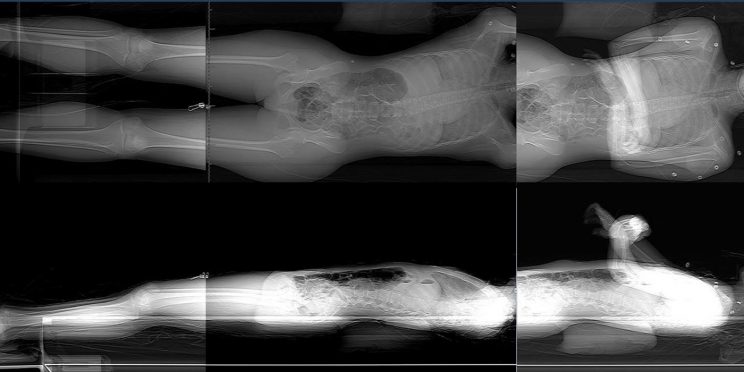The webinar originally occurred on May 9th, 2017
Duration: 1 hour
Overview
This presentation discusses experimental tests of a model for drug uptake by human bone and explores how the results may be applied to detect nerve agent exposure from human remains recovered from mass graves during human rights investigations.
The ability to reliably and meaningfully conduct toxicological tests on skeletonized human remains would expand the ability of skeletal remains to inform cause of death from primarily physical traumatic causes to chemical causes as well. In humanitarian contexts, and particularly in excavations of mass graves, this may help confirm exposure to chemical weapons. However, at present, toxicological testing is not typically conducted on skeletonized human remains in forensic contexts. This is largely due to an inability to reliably interpret skeletal toxicology results, despite a recent rise in experimentation in this field. In turn, low interpretability of results is related to the current lack of an established model for the uptake of xenobiotics by the human skeleton. This presentation discusses a hypothetical model of uptake and the research currently being conducted to test the model.
Presenter
- Katie Rubin, M.S. | PhD Candidate in the Department of Anthropology at the University of Florida
Funding for this Forensic Technology Center of Excellence webinar has been provided by the National Institute of Justice, Office of Justice Programs, U.S. Department of Justice.
The opinions, findings, and conclusions or recommendations expressed in this webinar are those of the presenter(s) and do not necessarily reflect those of the U.S. Department of Justice.
Contact us at ForensicCOE@rti.org with any questions and subscribe to our newsletter for notifications.




